
Recommendation
Rather than offering a solution, Brexit is posing a problem for the British economy. Shortages are up, economic activity has stalled and, while the impacts of COVID-19 play a hand in the economic downturn, so, too, does Brexit. Professor Anand Menon explores the idea that Brexit’s much-touted promise to reduce inequality may have proven apocryphal, putting at a disadvantage the very groups that overwhelmingly supported it. Followers of the ongoing Brexit saga will find Menon’s essay an insightful take on the developing situation.
Summary
About the Author
Anand Menon is the director of UK in a Changing Europe and a professor of European politics and foreign affairs at King’s College London.
By the same author
Article







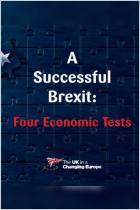

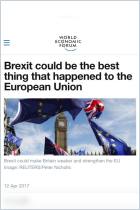
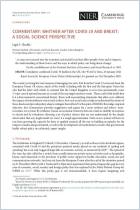
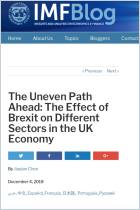
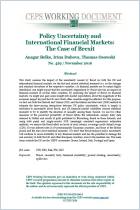
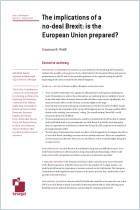

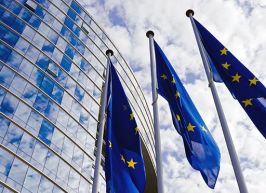
Comment on this summary or Démarrer une discussion